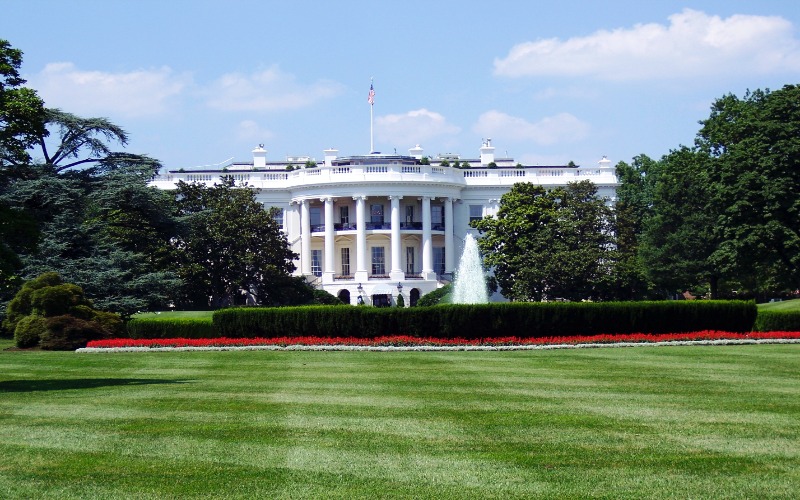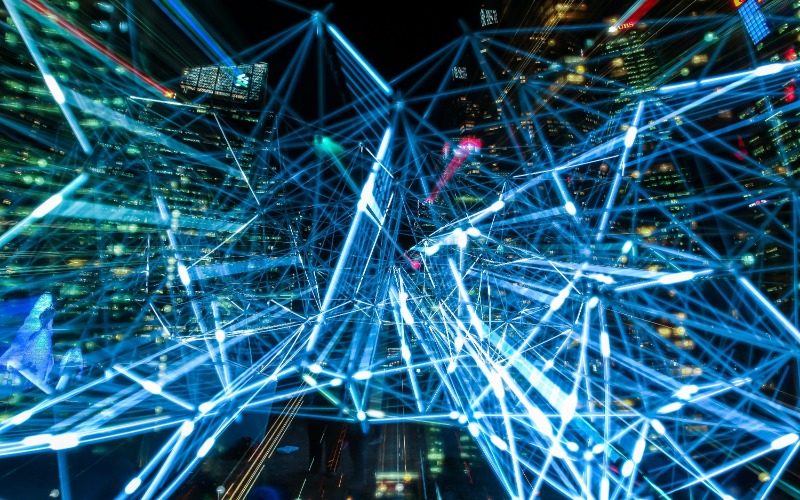Every day we wake up, drink a cup of coffee and get ready for work. The following are a handful of stories from around the technology world condensed for you to fit into a single cup of coffee. These technology news pieces are the things you need to know before you step foot out of your door (or in front of a webcam) and into the real world this morning.
So sit back, grab a cup, and start your morning off right with a few “Quick Bytes” from Innovation & Tech Today.
President Biden Issues Executive Order to Halt Investments in Chinese Technology
On Aug. 9, President Biden signed an executive order which regulates and sometimes blocks investments in Chinese technology. In addition to artificial innovation, this executive order will halt the financial support of advanced computer chips, quantum information technologies, and microelectronics.
According to the senior administration officials at the White House, the executive order “protects our national security interests in a narrowly targeted manner.”
Chinese Embassy spokesperson Liu Pengyu took to reply to this government action with an exclusive statement with The Washington Post to rebuke the expressed uneasiness: “The U.S. habitually politicizes technology and trade issues and uses them as a tool and weapon in the name of national security.”
The executive order is the first step in the process, and the White House states its conditions won’t go into effect until 2024.

New AI Chip Prototype Proves to Be More Environmentally Friendly
The multinational technology company IBM released new information about an AI chip prototype with incredible efficiency and accuracy, which will help reduce carbon emissions made by these systems. These recent improvements are because the new prototype has a working method that mimics the human brain by accomplishing computations for deep neural networks without immense power.
Professor Ferrante Neri, from the University of Surrey, shared his thoughts on this new prototype with BBC News: “These advancements suggest that we may be on the cusp of witnessing the emergence of brain-like chips in the near future.”
Moving forward, researchers are hopeful that the new prototype can take on larger workloads with a minuscule amount of energy. There are predictions that technological devices such as cameras, mobile phones, and vehicles will benefit.
At IBM Research, we’ve been investigating ways to reinvent how AI is computed. Our latest work involves energy-efficient analog AI chips for inference that showcases critical building blocks for a scalable mixed-signal architecture. Learn more: https://t.co/v2E1hWPn2n pic.twitter.com/I4lR66HxH8
— IBM Research (@IBMResearch) August 10, 2023
Virgin Galactic Sends Tourists to Space for the Very First Time
After being founded in 2004 and experiencing frustrating delays for almost 20 years, Virgin Galactic launched its first group of tourists into space on Aug. 10 in New Mexico. With the journey lasting about an hour, the space plane reached supersonic speeds and went more than 80 kilometers above the Earth’s surface.
Only three lucky tourists rode on this first of many expeditions. Jon Goodwin, an initial ticket holder during sales in 2005, experienced the adventure after more than a decade of waiting. In addition to Goodwin, a mother-daughter duo, Keisha Schahaff and Ana Mayers, were on Virgin Galactic’s first tourist opportunity after winning their tickets in a competition that raised money for the Space for Humanity nonprofit organization.
CEO Micheal Colglazier of Virgin Galatic stated these three tourists “embody our fundamental belief that space is for everyone, and we are proud that today’s flight has inspired people and communities around the world.”
Moving forward, Virgin Galactic prepares to take eager tourists who have already purchased tickets before the long delays. According to reports, the company has sold 800 tickets with pricing between $250,000 to $450,000 per ticket since 2005.
California Firefighters Using AI to Help Detect Wildfires Shows Promise
California firefighters are combatting unpredictable and sometimes unmanaged wildfires with AI help. With over 1,000 cameras across the state in strategic positions, the AI technology system, known as ALERTCalifornia, can notify the local fire departments if a wildfire begins at a moment’s notice.
On Aug. 11, the ALERTCalifornia AI system detected a fire that broke out in the Cleveland National Forest, about 50 miles east of San Diego. After getting the notification from the AI system, firefighters successfully distinguished the fire within 45 minutes.
Suzann Leininger, a Cal Fire intelligence specialist, believes that the AI system is “100% applicable throughout anywhere in the world, especially now that we’re experiencing a lot larger and more frequent fire regimes and with climate change.”

Russia Begins New Journey to the Moon
With its last mission to the moon in 1976, the Russian space agency Roscosmos launched the uncrewed Luna-25 on Aug. 10 to land on the lunar south pole in an estimated five days. This landing is unique, with no one successfully landing in this location before.
According to the Russian space agency, this new journey to the moon will help them develop technology devices to perfect moon landings and give them time to study elements of its surface, such as the polar regolith, plasma, and dust components. Plus, the Russian space agency will search for water in the lunar south pole region.












